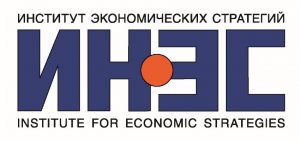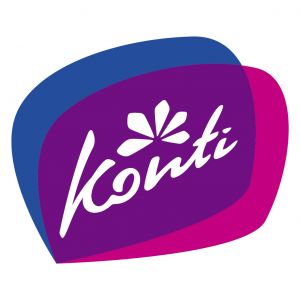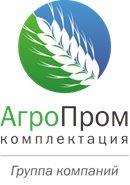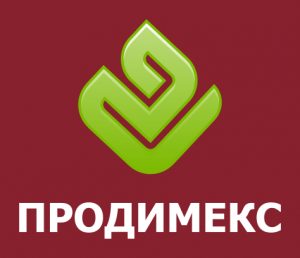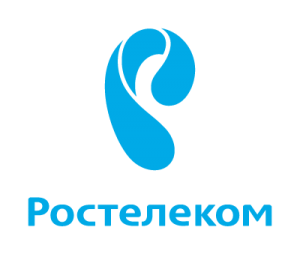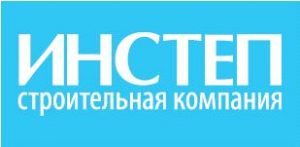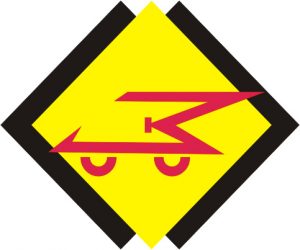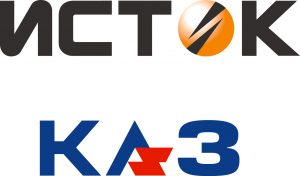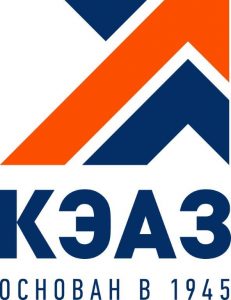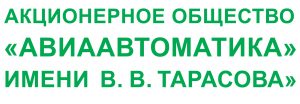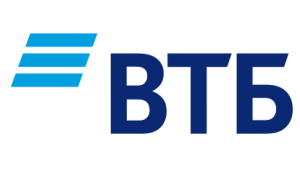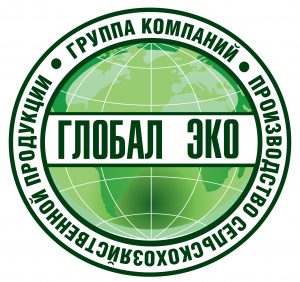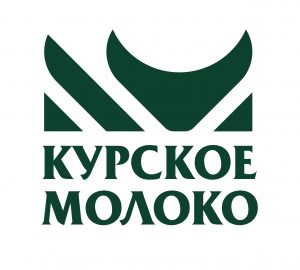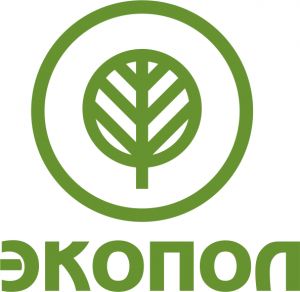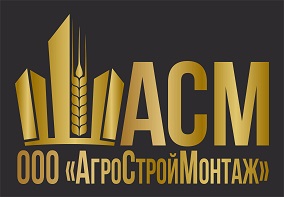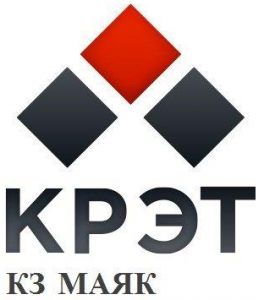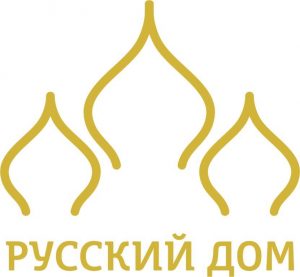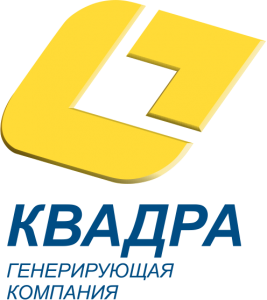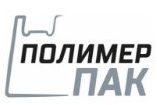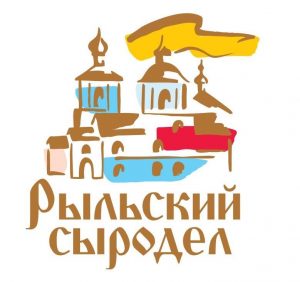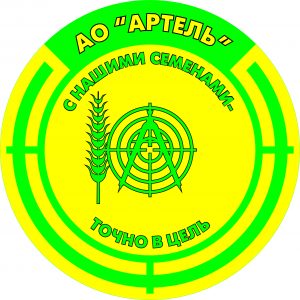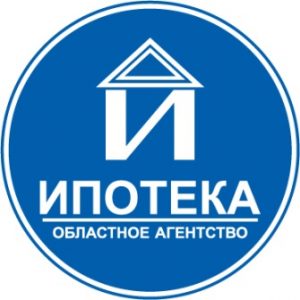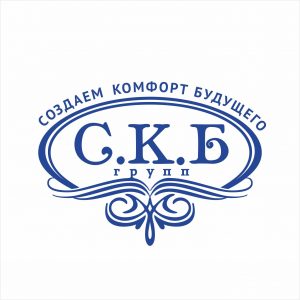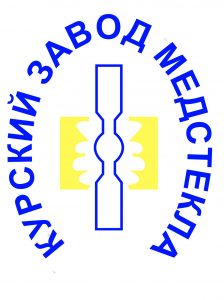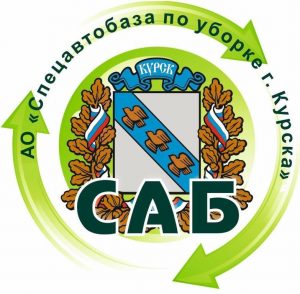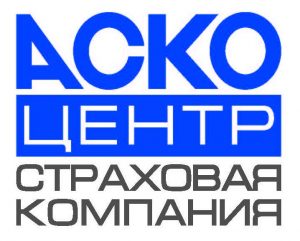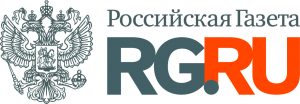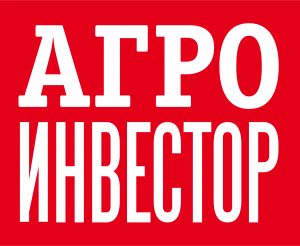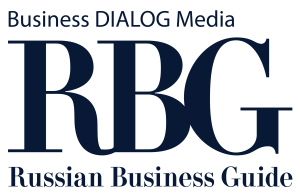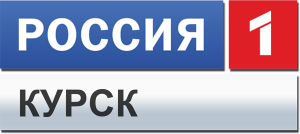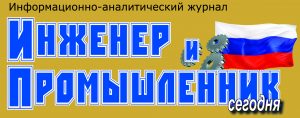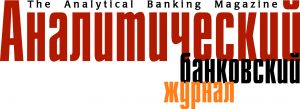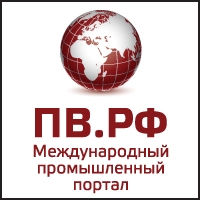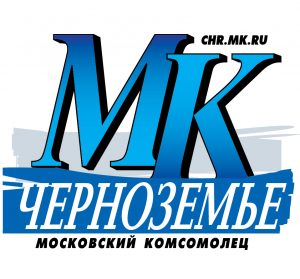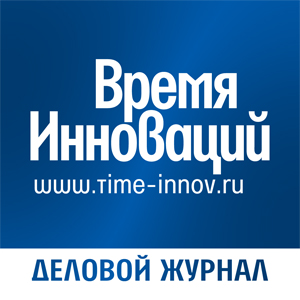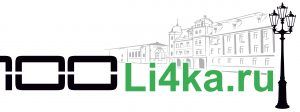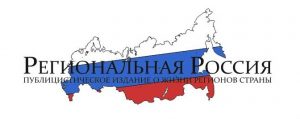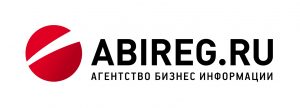Moderated by:
Vitaly Yeremeev, Head of the Industry Analysis Department, Agency for Strategic Initiatives
Track 1. Regional industrial policy
Discussion agenda:
- Industrial policy of Central Russian regions amid the transition to a digital economy: strategy, objectives, priorities, risks, interaction between businesses and scientific communities
- Clusters as an industrial development facilitation mechanism for regions. New opportunities for investments, modernization, cooperation, including R&D activities.
- Problems in ensuring effective communication between businesses and the scientific community.
- State Industry Information System (SIIS). Using the SIIS capabilities for land use planning and managing manufacturing facilities on a regional scale. Is SIIS an analysis tool or an industry management tool?
- Application of advanced technologies in the industry (best available technologies, automation and robotization, smart production management systems, product flow control systems (labeling), additive digital production tools, modern materials, etc.) as a basic prerequisite for sustainable development. Main aspects and challenges. Technical, customs and tax regulation. Potential of technology supermarkets.
- Best available technologies (BAT). What are BAT guides? How can they enable manufacturing enterprise to use advanced technologies?
- Best technical achievements ensure shorter leadership with every year. Will the enforcement of fast-aging BAT impede the generation of new knowledge and technologies?
- Inclusion of a newly developed technology in BAT guides: yet another barrier to technology innovation, a competitive weapon, or a quality test?
- Opportunities for participation of enterprises operating in Central Russia in the creation and production of domestic equipment meeting the BAT principles. Public support measures.
Track 2. Digitization of production
- Digital economy impact on the manufacturing industry, public support measures. Implementation priorities and experience of Central Russian regions.
- Further objectives of digital infrastructure development in Central Russia.
- Prospects for the formation of regional IT projects in the manufacturing industry with limited support from the Government, high cost of funding and no guaranteed demand for services.
Track 3. Staff training for smart industries
- What specialists are HR offices of manufacturing enterprises looking for, what specialists are graduated from industry-specific higher education institutions? Where do enterprises eventually find workforce and where do graduates find employment? Bridging the gap between the interests of the educational system and manufacturing sector.
- Training of in-demand highly skilled specialists amid the rapid technological and digital progress with direct involvement of employers. Onsite training programs at enterprises.
- Revival of mentoring as a method of “fine tuning” specialists for specific industrial requirements.


 Government of Kursk region
Government of Kursk region Ministry of Economic Development of the Russian Federation
Ministry of Economic Development of the Russian Federation Kursk Chamber of Commerce and Industry
Kursk Chamber of Commerce and Industry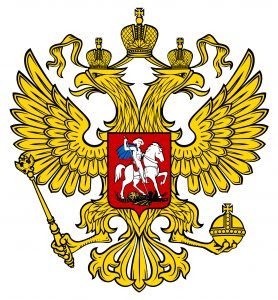 Office of the Plenipotentiary Representative of the President in the CFD
Office of the Plenipotentiary Representative of the President in the CFD The Chamber of Commerce and Industry of the Russian Federation
The Chamber of Commerce and Industry of the Russian Federation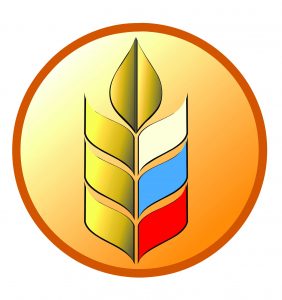 Ministry of agriculture of the Russian Federation
Ministry of agriculture of the Russian Federation




